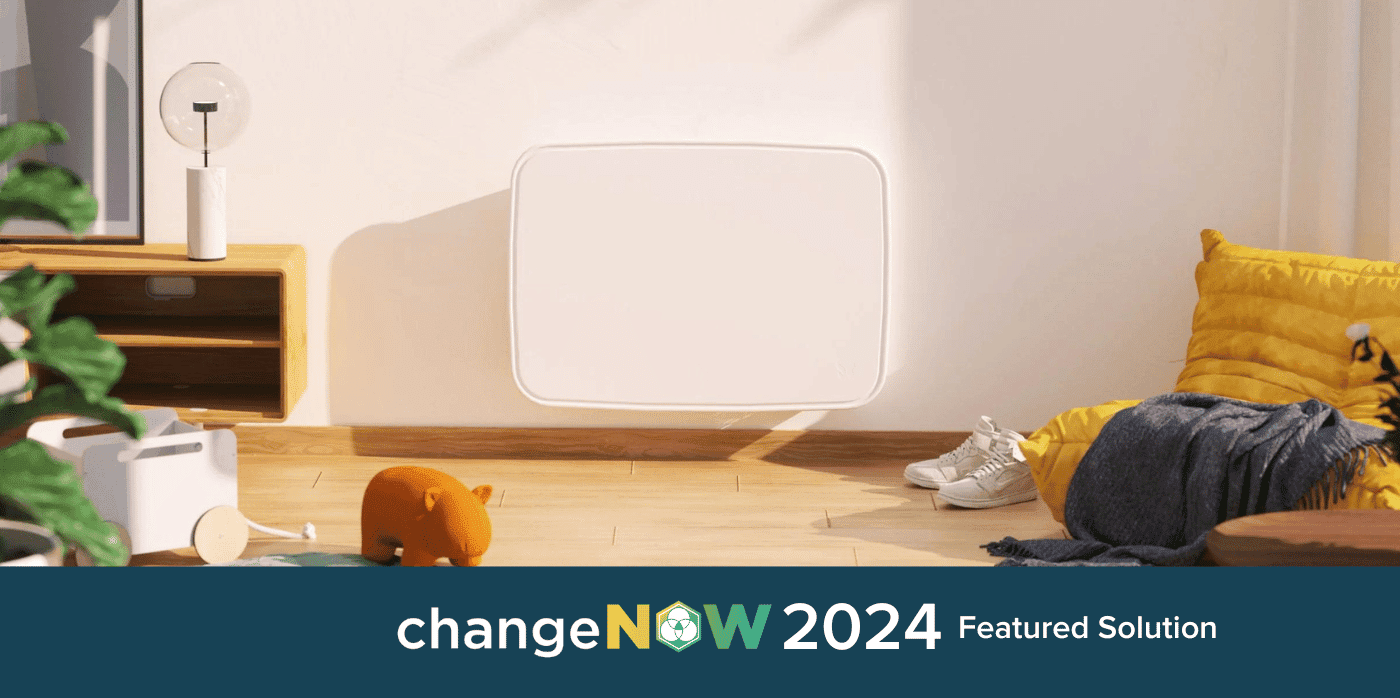Next-gen electric radiators powered by waste heat

Spotted: Data centres are a significant but often overlooked contributor to climate change, responsible – along with their accompanying data transmission networks – for around one per cent of global greenhouse gas emissions. Computer processes generate a lot of heat as a by-product, and cooling systems therefore account for a significant proportion of the energy consumption of a typical data centre.
Now, however, French startup Hestiia is looking at the heat generated by computing differently, using it to create a new kind of domestic radiator, called the myEko.
The startup collects and upgrades used ASIC chips from data centres and places them on a custom-made electronics board, which forms the core of the radiator. Conductive layers and piping then transfer the heat produced when the refurbished chips perform calculations to the space that needs heating.
Hestiia provides the compute capacity embodied in the radiators to companies that need it for heavy workloads such as scientific research, 3D modelling, crypto mining, and blockchain. The startup’s customers, meanwhile, install the radiators to heat their homes.
In addition to being highly efficient, the radiators use smart sensors to automatically regulate the temperature of a room, and users can tweak preferences on the app, such as setting day and night modes to automatically adjust temperatures for each space depending on the time of day. And, the system further detects temperature changes from actions such as opening a window and alerts owners, signalling them to turn the temperature down to avoid wasted energy. In ‘geolocation mode’, the system can detect when a user is coming home and turn on the heating accordingly.
Hestiia’s initial product was a water heater system called SATO that similarly reused the heat from computer chips to supplement a standard boiler. The startup is now pivoting to focus on myEko, which it believes is an even more accessible, mass-market solution.
Other innovations in Springwise’s library working to decarbonise computing include a new power distribution unit that maximises efficiency, and the use of AI to reduce the number of calculations required.
Written By: Keely Khoury and Matthew Hempstead



